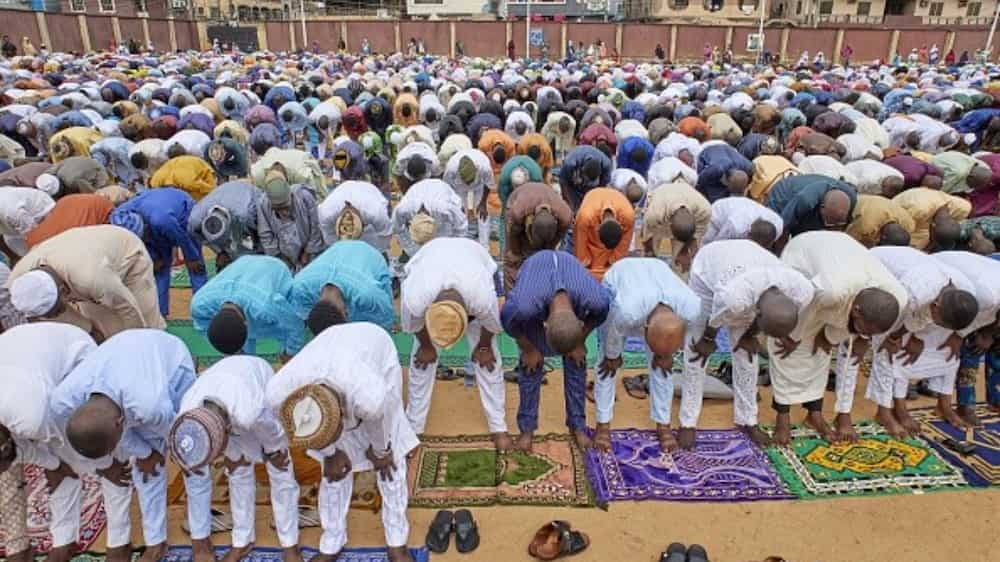CurrentReport Blog In a recent event, Sheikh Ismaeel Hussein Adekunle Gbamolada, an influential Islamic cleric, has called on well-to-do Muslims across Nigeria to pay their Zakat promptly, highlighting its vital role in addressing the country’s growing economic hardships. The event, which was attended by notable figures including the Chief Imam of Ibadanland, Sheikh Abubakar Abdulganiyy Agbotomokere, and former member of the House of Representatives, Barrister Lanre Saheed Agoro, emphasized the importance of Zakat in fostering social welfare.
Gbamolada spoke on the theme “Zakat: Divine Solution to Economic Hardship,” stressing that the payment of Zakat can be a powerful tool to reduce poverty in the country. According to the cleric, Zakat is not just a charitable act, but a divine commandment for Muslims, and failing to pay it on time contributes to the worsening economic challenges faced by many Nigerians.
He further remarked, “Nigeria has abundant mineral resources, yet we continue to struggle with poverty. The economic situation is dire, with basic goods like rice soaring in price. When President Buhari was in power, a bag of rice cost less than N10,000, but today it’s nearing N100,000. Zakat can help alleviate some of these struggles by providing financial support to those in need.”
Gbamolada urged Muslims who are unable to pay the full Zakat to consider giving Sadakat (voluntary charity), as a means of contributing to the welfare of others. He emphasized the importance of giving a substantial amount, stressing that such acts of generosity could be key to combating the widespread poverty in the nation.
“The hardship in the land is immense, and we must assist each other, especially if the government falls short. Paying Zakat purifies one’s wealth, and it is a fundamental practice that brings benefits to both the giver and the receiver,” said Gbamolada.
He also reminded Muslims to support their Islamic clerics, who play an essential role in educating their children and guiding the community. “Remember to support the scholars who are teaching your children,” he added.
The cleric’s call for timely Zakat payment serves as a reminder of the collective responsibility Muslims have to help alleviate the suffering of others in their community, contributing to the fight against poverty and economic hardship in Nigeria.












